**GRAND RAPIDS, Mich. (WOOD)** — A TikTok video detailing a fabricated murder case has garnered significant attention online, revealing the potential of AI-generated misinformation.
The video, now removed from TikTok, claimed a murder occurred outside Livonia High School. It featured a mugshot-style photo with the headline, "Revenge Killing at Prom: Man Avenges Son’s Death by Murdering Cop’s Daughter," alongside images of a police officer and a teen girl. The subsequent slide narrated a story of a man killing a teenager at her prom to avenge his son, allegedly killed by the girl’s father.
Within a day, the video amassed millions of views and over 700,000 comments. Despite the original video's removal, it continues to be reposted by other accounts. The story was later confirmed as fake and likely AI-generated.
**Spotting AI-Generated Content**
There is no news coverage of the incident, and Livonia High School does not exist in Michigan. The Livonia Police Department also confirmed that the event never occurred.
“The images look real and trigger strong emotional responses,” said Denton Bobeldyk, Assistant Professor at Grand Valley State University’s School of Computing and Information Systems. Bobeldyk, an AI expert, noted the difficulty in distinguishing between real and AI-generated content, even for professionals.
“It’s super difficult to tell with stories and text data what’s real and what’s not. Text is a smaller dimensional space, making it easier to produce convincing fake content. Although AI-generated images have also improved dramatically, making it challenging to discern their authenticity,” he explained.
TikTok recently announced plans to label AI-generated content to combat misinformation. However, Bobeldyk expressed skepticism about the effectiveness of such measures due to the high quality of AI-generated videos and the difficulty in filtering them accurately.
“Accurately filtering AI-generated content is challenging. Well-funded efforts to create convincing fake content can stir emotions and gain traction quickly on social media. People often share these videos without critical evaluation,” he added.
Bobeldyk emphasized the importance of individual responsibility in verifying information before sharing. "We need to do our due diligence and research, using intuition to question emotionally charged content. Investigate further before sharing, especially if something seems too sensational to be true.”

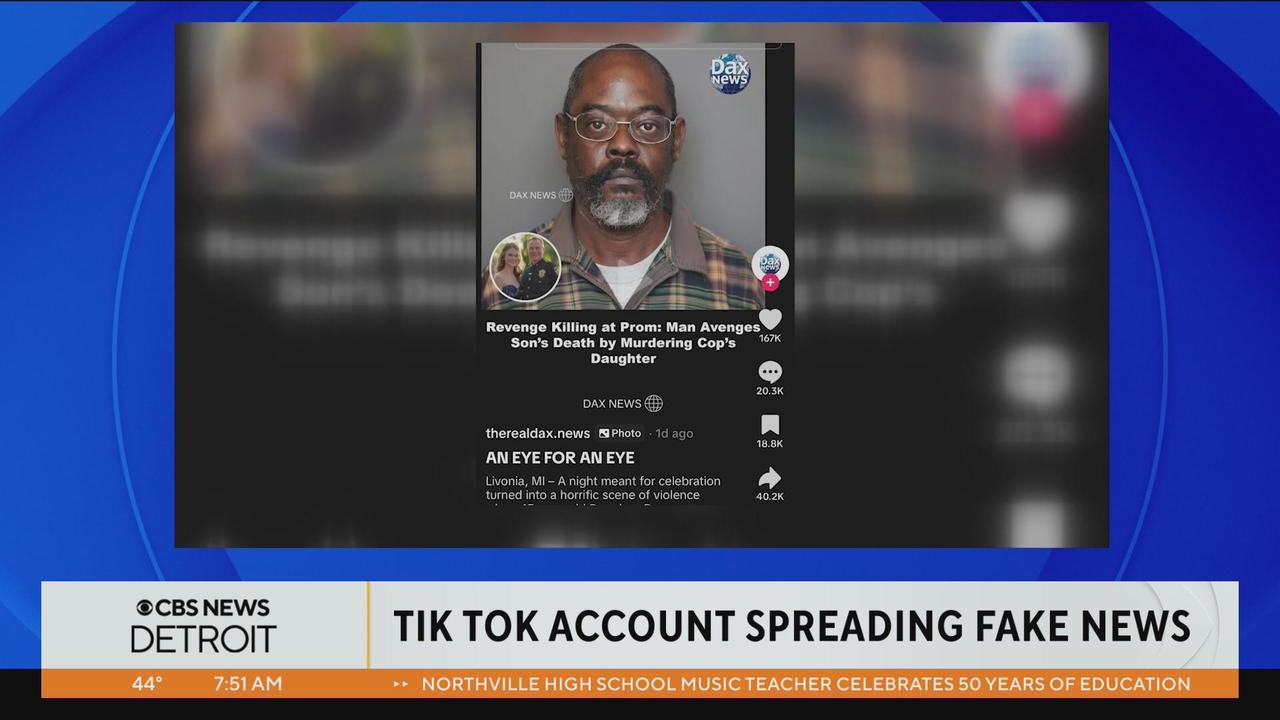









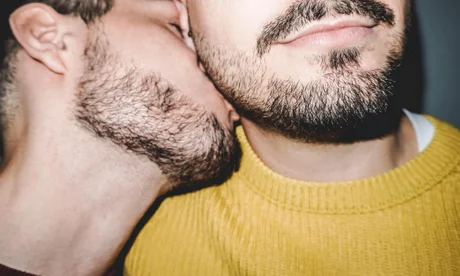
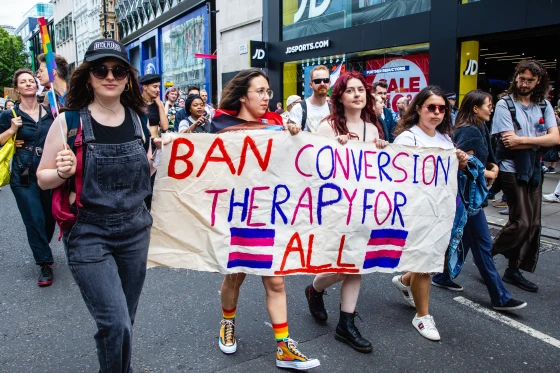







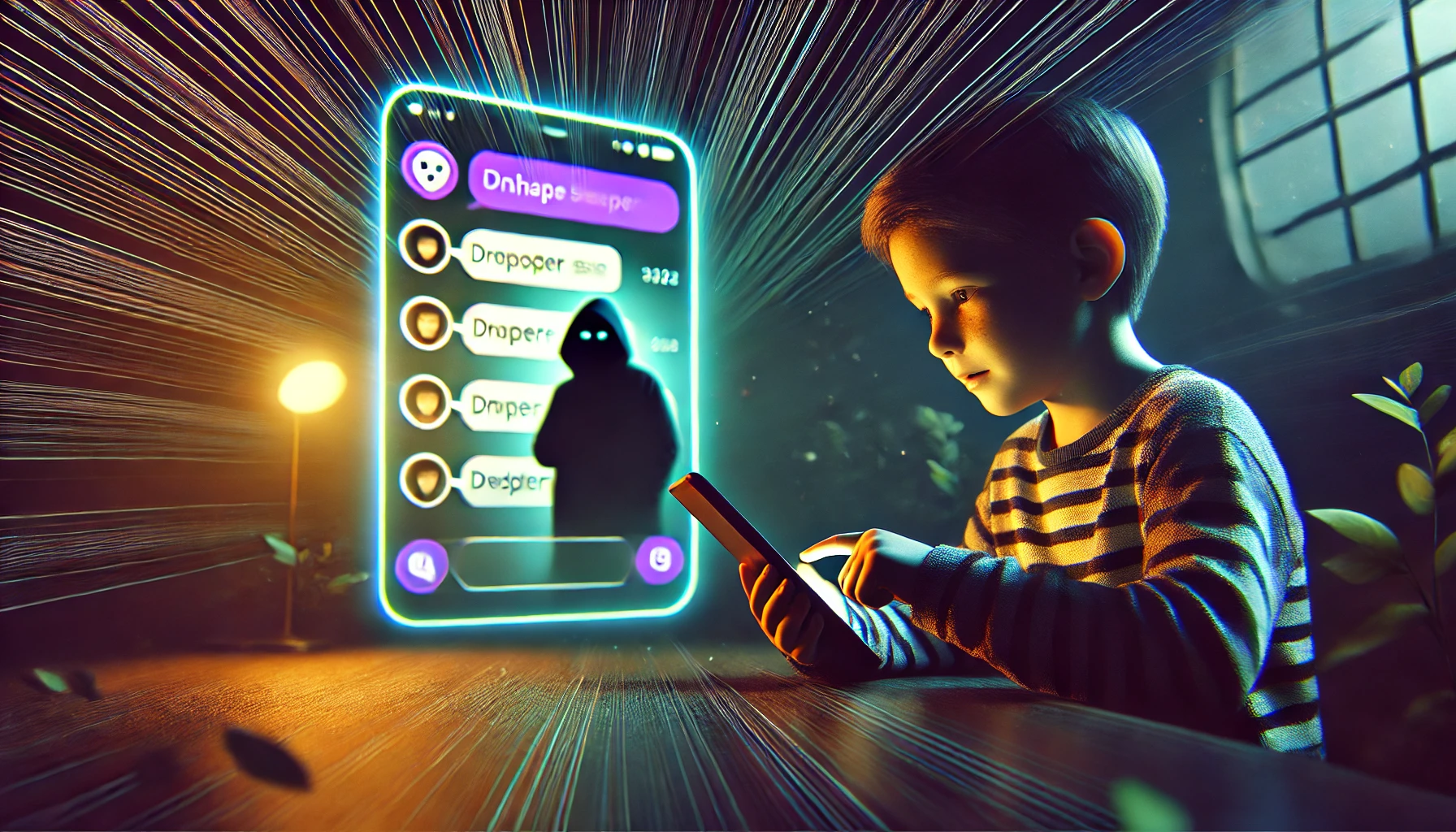



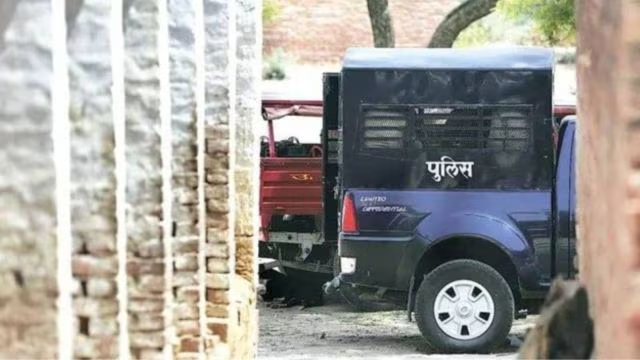


0 Comments